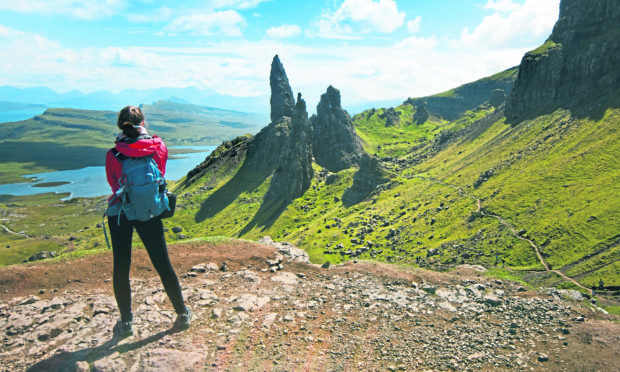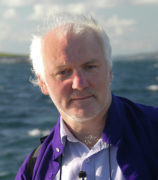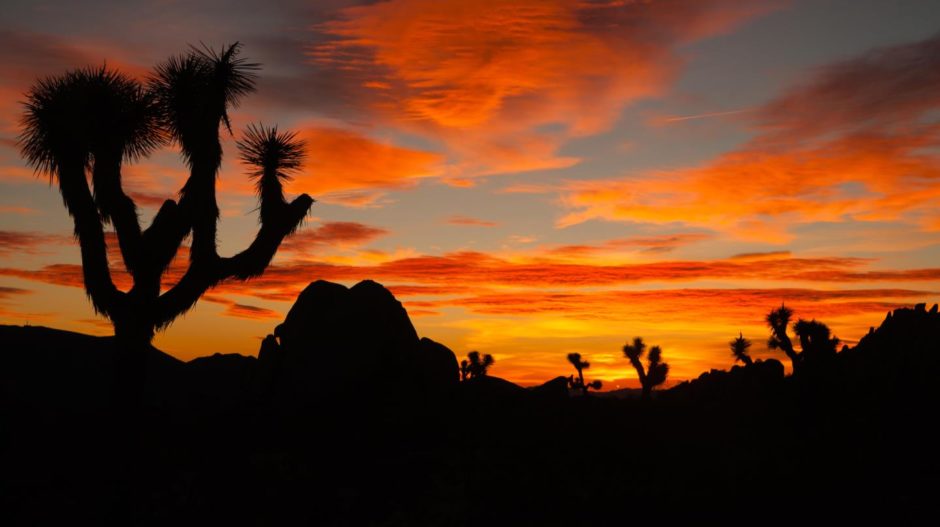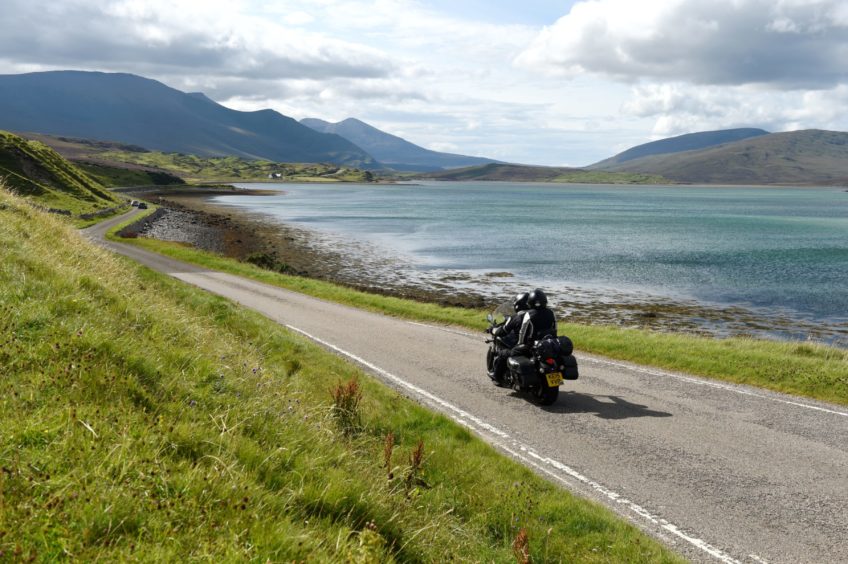Words matter.
I’ve been reading a book written over 100 years ago by Mary Austin (1868-1934), who was a novelist, poet, critic, playwright, a champion of Indians and Spanish-Americans, an ardent early feminist and an environmentalist.
The book is called The Land of Little Rain, and tells of living in the vast, arid, yet remarkably beautiful places that lie east of the Sierra Nevadas, stretching south from Yosemite through Death Valley to the Mojave Desert in California.
Mary Austin lived there on her own for several years and came to know and respect every inch of the land, which is why she used the name given to it by the indigenous people – The Land of Little Rain – as opposed to the harsher, and more dismissive, ‘desert’.
For as soon as we read or hear that word we think of a dry barren land, whereas the land Austin tells us about intimately is full of almost invisible life: tiny painted lizards that slip in and out of rock crevices, and pant on the white hot sands. As she put it: “Strange, furry, tricky things dart across the open places, or sit motionless in the silence.”
The quietness that people come to enjoy is shattered in its seeking
She tells of how death could have been avoided if only travellers had leaned from the native people who knew where every drop of water was hidden.
“There are many areas in the desert where drinkable water lies within a few feet of the surface,” she writes.
“It is this nearness of unimagined help that makes the tragedy of desert deaths. It is related that the final breakdown of that hapless party that gave Death Valley its forbidding name occurred in a locality where shallow wells would have saved them. But how were they to know that…?”
It reminds me of Gaelic. Of so many things. Where the small, almost invisible, vernacular things are unknown or forgotten or overlooked in the rush towards development. Over the past 30 years or so the Gaelic world has gained much (and lost more).
We’ve gained legal status, a lovely growth in Gaelic-medium education, the splendid sight of correctly spelled road signs, and a general acceptance of our language and culture. But in the rush towards official development, the underground wells and springs were too often overlooked – the rich dialectical tongue of the older folk, for example – and in places of little rain, the linguistic land lies parched.
Perhaps the same can be said of tourism, where the wild goose that laid the wee golden egg is expected to profitably produce marvel after marvel. The quietness that people come to enjoy is shattered in its seeking.
The way forward is to value everything equally
Words matter. I see the term “empty wilderness” applied often enough to my native Gàidhealtachd. If the Highlands are empty it’s for two reasons: because hundreds of thousands were cleared from their native land and because, today, few young people can afford to buy or rent a home here. Renting out for Airbnb has made it almost impossible to get a place for long-term. So, rather than being an empty wilderness, perhaps we should call it a “depopulated environment”?
The way forward is to value everything equally: a sheep as much as a visitor centre, a cow as much as much as a campervan. For nothing exists by itself. The Gàidhealtachd is as much about language as it is about landscape, about housing and roads and transport systems and jobs and incomes and people as much as about glens and bens and straths and views and peace and quiet and songs and music. It’s a complete, rather than a partial, ecology.
Which is why fixing or repairing or developing one part of that ecology (for instance promoting the NC500) without at the same time filling in the local potholes only adds to the sense of imbalance.
The land of much rain
My big wish is that the underground streams would be nourished. Despite all our globalisation, the most precious gifts still lie hidden on our doorsteps. Older, local people who know the area, and all its history and character and environment, like the back of their hand. Local dialects which still exist. Local versions of Gaelic words and phrases which are far too often forgotten or overlooked. These are the real treasures on which to build a future.
They are the small, almost invisible, inhabitants of the land of much rain here in the Gàidhealtachd. Like Mary Austin, you need to live among them to know what it’s like to live without them, in a land of little linguistic rain.
Angus Peter Campbell is an award-winning writer and actor from South Uist



